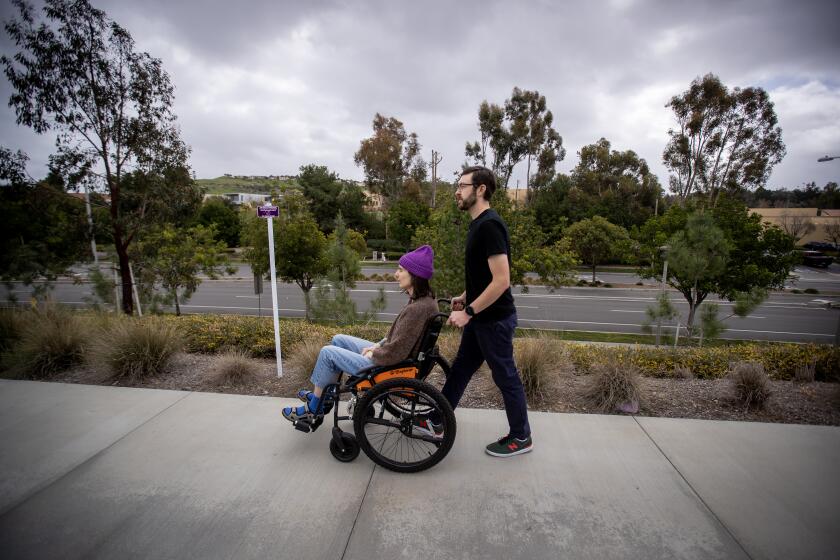Women, the occasional drink, breast cancer and heart disease
In the last year alone, medical researchers have reported that women who drink moderately are more likely to get breast cancer but also live longer after a heart attack; are more likely to have stronger bones if they choose wine; have lower odds of developing asthma or dementia if they average one drink per day (men can average two); and have higher odds of gastrointestinal problems from bacterial overgrowth.
Is your head spinning yet? The health gains and woes associated with moderate drinking are confusing — so here’s a closer look at the pros and cons.
First, some perspective: The most important thing to remember is that all these studies tell the story of an average person, whether it’s a post-menopausal woman or a young adult. “But, none of us are average,” says David Hanson, a professor emeritus at the State University of New York at Potsdam who has studied drinking behavior for more than 40 years. So the gains or pitfalls may apply strongly to you — or maybe not, depending on other factors about you, such as your age and other risk factors that you may have for breast cancer, osteoporosis, heart attacks and the like.
Here’s how the math goes for breast cancer. The odds of being diagnosed with it are about 12% for our “average” woman over her whole lifetime and increase to a 13.8% lifetime chance if she imbibes three to six drinks per week on average, according to a Nov. 1 study published in the Journal of the American Medical Assn.
Drinking higher quantities of alcohol — three or more drinks per day — had long been known to raise the risk of breast cancer, says study coauthor Dr. Wendy Chen, a researcher at Brigham and Women’s Hospital in Boston. It does so by increasing the amount of estrogen and related hormones that circulate in the blood. (Its effects, in that way, are similar to many other risk factors associated with breast cancer, such as early menstruation, having fewer children and late menopause, all of which raise exposure to reproductive hormones over a woman’s lifetime.)
What scientists didn’t know was whether there was a threshold below which drinking was safe, Chen says. Because of the number of women in the Nov. 1 study — more than 100,000 women, of whom 7,690 developed breast cancer over the 28-year study period — the authors were able to examine this.
The study confirmed the risk for heavier drinkers: Women who consumed 19 or more drinks per week had a 51% increased risk of developing breast cancer during the study period. (A drink was defined as a 4-ounce glass of wine, a 12-ounce beer or a 1.5-ounce shot of liquor.)
The study also found that the lightest drinkers — three drinks per week or less — had the same risk as teetotalers. “This study doesn’t tell people that they shouldn’t drink at all,” Chen says.
Now here’s where it gets tricky. There also are documented benefits of moderate alcohol intake — including decreased risk of heart disease, heart attack and stroke. And the drop in risk for heart disease is greater than the rise in risk for breast cancer. And even the healthiest woman has a higher lifetime risk of developing cardiovascular disease than breast cancer.
A healthy 50-year-old woman free of cardiovascular disease has a 39.2% chance of developing cardiovascular disease over the rest of her life. With moderate drinking — typically defined for women as one drink per day on average — the heart disease risk is decreased by 40% to 60% (results vary across studies). This means that, going with the more conservative 40% figure, the lifetime cardiovascular disease risk drops to 23.5%.
So there’s no blanket recommendation for women who are trying to balance a breast cancer risk against cardiovascular benefits, says Sam Zakhari, director of the division of metabolism and health effects at the National Institute on Alcohol Abuse and Alcoholism in Bethesda, Md. “I wish I had a more definitive answer,” he says.
Your age may be a factor in what you decide to do, says Dr. Arthur Klatsky, a retired cardiologist who is now a researcher at Kaiser Permanente Northern California Division of Research in Oakland. “The benefits of moderate drinking for coronary heart disease increase with age,” he notes. So in general, older women (at least 50) are more likely to gain more benefit than harm.
For young women, who are not generally at risk for heart disease, the risks loom larger than the benefits.
Klatsky says that for women to figure out what’s right for them, they must also take into account their own personal risk for breast cancer and cardiovascular disease. Age, obesity and lack of exercise are risk factors for both diseases. Specific risk factors for breast cancer include family history of the disease, having risk-raising mutations in their BRCA genes, reproductive history (age of first period, number of children, etc.) and certain medical treatments, such as radiation and combination hormone replacement therapy. Specific risk factors for cardiovascular disease include race, family history of the disease, smoking and conditions such as high blood pressure, high cholesterol and diabetes.
Moderate drinking — moderate, not heavy — seems to do more than lower the risk of heart disease, heart attacks and strokes. Studies also suggest that people who drink moderately live longer and have lower rates of diabetes, dementia, arthritis, enlarged prostate, osteoporosis, gall bladder disease and even some cancers, such as those of the kidney and thyroid. The evidence is not as extensive for these other conditions as it is for cardiovascular-related conditions, but the magnitude of effects is often quite large — reducing risk by one-quarter, one-third or one-half. Concerns about developing these conditions may also factor into deciding whether to drink moderately or not.
All of the benefits discussed above apply to moderate drinking, not heavy drinking — because the harms of excessive alcohol intake are well known: liver cirrhosis, heart attacks, dementia and stroke, and cancers of the mouth, esophagus, liver, colon and breast.



